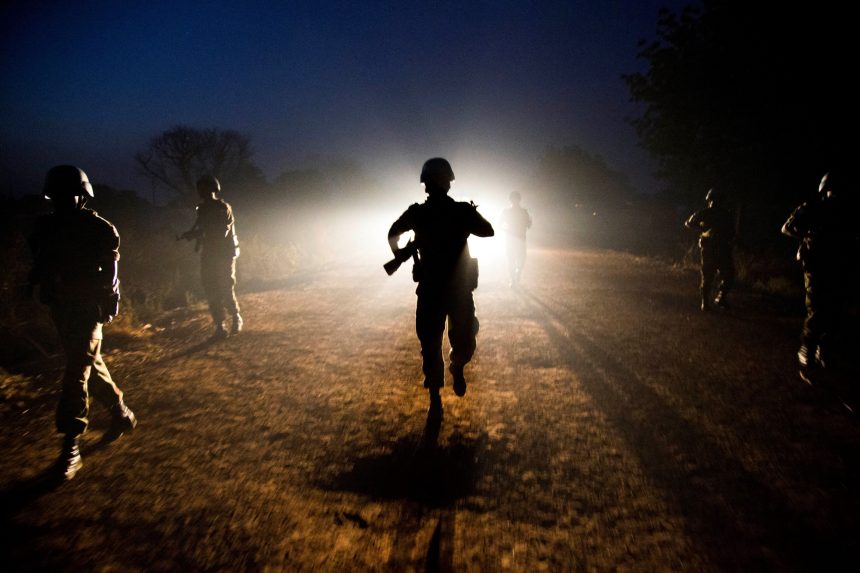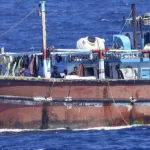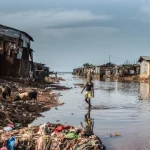It was the deadliest incident in a spate of attacks since 2021 in the oil-rich Abyei border region.
Dozens are reported to have been killed in attacks in a disputed region between Sudan and South Sudan.
Overall, 52 people, including women and children, died in the Abyei region during the weekend, local officials said on Monday. Both Sudan and South Sudan claim the oil-rich region along their shared border.
Bulis Koch, the information minister for Abyei, reported that armed youth from South Sudan’s Warrap state carried out raids into neighbouring Abyei on Saturday.
It was the deadliest incident in a spate of attacks since 2021 related to the boundary dispute. As well as those killed, 64 people were wounded in the attack.
A Ghanaian peacekeeper from the United Nations Interim Security Force for Abyei (UNISFA) was killed when its base in Agok town was attacked amid the violence, the UN force said on Sunday.
“Because of the current dire security situation at hand, which has created fears and panic, we have imposed a curfew,” Koch said.
Tensions have soared amid recent clashes in Abyei between rival factions of the Dinka ethnic group related to the location of an administrative boundary that is a source of significant tax revenues.
Koch said Dinka youth from Warrap and the forces of a rebel leader from the Nuer ethnic group carried out the attacks against Dinkas and Nuers in Abyei.
Hundreds of civilians are now sheltering at a UNISFA base.
William Wol, Warrap state’s information minister, said his government would coordinate a joint investigation with the Abyei administration to look into the deadly incident.
Between 2013 and 2018, civil war in South Sudan killed thousands as fighting flared between Dinkas and Nuers.
Clashes between various armed groups have continued to kill and displace large numbers of civilians, especially after South Sudan deployed troops to Abyei last March.
The Abyei region’s ownership status was left unresolved after South Sudan became independent from Sudan in 2011.
An African Union panel proposed a referendum for the oil-rich territory but there was disagreement over who could vote.



